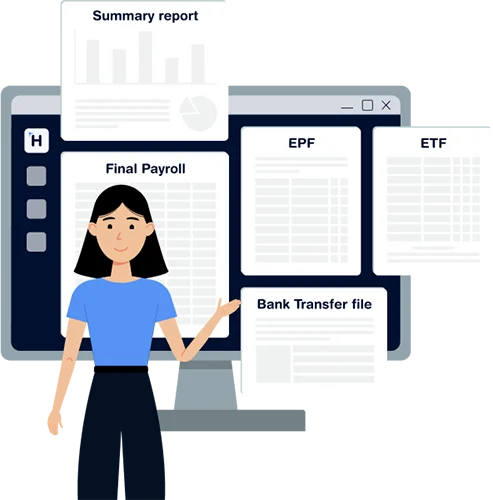Are you an HR or payroll professional? Then this blog is dedicated to you. As the landscape of employment regulations evolves, it’s imperative for HR and payroll professionals to stay informed and well-prepared for upcoming changes. With the imminent introduction of the new Employment Bill, professionals in these fields must proactively equip themselves to ensure a smooth transition and compliance with the new regulations. In this article, we’ll explore practical steps that HR and payroll professionals can take to get ready for the upcoming employment law changes.
1. Stay Informed:
The first step in preparing for any legislative change is to stay informed. Familiarize yourself with the proposed changes outlined in the Employment Bill. Look out for official communications from government bodies, industry associations, and reputable sources that provide insights into the specifics of the upcoming changes. Make it a habit to frequently peruse official websites and publications to ensure you’re always in sync with the freshest updates. After all, knowledge is your compass in this sea of transformation.
2. Understand the Implications:
After understanding the proposed changes, think about how they might influence your company. Consider things like work hours, leave policies, pay, and employee benefits. Identify areas where you might need to tweak your HR and payroll processes to follow the new rules. This helps ensure a seamless transition for your organization. By getting a clear picture of how the changes could affect your business, you’ll be better prepared to make the necessary adjustments and keep things running smoothly.
3. Conduct an Internal Review:
Take a close look at your company’s current rules and practices. Find areas that might need to be adjusted to match the new regulations. Work together with different teams, like legal, finance, and senior management, to see how the upcoming changes could affect your business. This collaboration helps ensure you’re prepared for any shifts that the new Employment Bill might bring. By reviewing and updating your internal processes, you’ll be well-equipped to handle the changes smoothly.
4. Update Policies and Contracts:
Using the insights from your internal review, make necessary changes to employment contracts, guidelines, and procedures so they match the expected adjustments. Make sure your documents are easy to understand, correct, and in line with the new rules. It’s important to openly share these updates with your employees, ensuring that everyone is on the same page and preventing any potential confusion or misinterpretation. By keeping your policies up-to-date and communicating changes clearly, you’ll maintain a smooth transition for both your organization and your workforce.
5. Prepare Payroll Systems:
In the realm of adapting to employment law changes, payroll professionals take center stage. It’s essential to review your payroll systems and software to make sure they can handle any new computations, like overtime pay, gratuity modifications, or updated deductions. Confirm that your payroll team is well-prepared to navigate these changes smoothly. By fine-tuning your payroll processes, you’ll ensure accurate and compliant compensation for your employees while avoiding any hiccups in the transition.
6. Provide Training and Communication:
Equip your HR team with the knowledge and resources they need to understand the new regulations thoroughly. Offer training sessions to ensure they can answer employee queries accurately and provide guidance on the changes. Additionally, communicate the impending changes to your employees through multiple channels to ensure they are aware of what to expect.
7. Seek Professional Guidance:
In the face of intricate changes outlined in the Employment Bill or uncertainties in specific areas, don’t hesitate to seek legal or professional guidance. Collaborating with experts can bring much-needed clarity to interpreting the new regulations and understanding how they practically apply to your organization. By tapping into their expertise, you’ll navigate the intricacies with confidence, ensuring your organization remains compliant and well-prepared for the impending changes.
Conclusion:
Preparing for upcoming employment law changes requires proactive planning, meticulous review, and effective communication. By staying informed, understanding the implications, updating policies, and ensuring your HR and payroll systems are ready, you can navigate the transition smoothly. As HR and payroll professionals, your preparedness will not only ensure compliance with the new regulations but also contribute to a seamless experience for both your organization and its employees.



